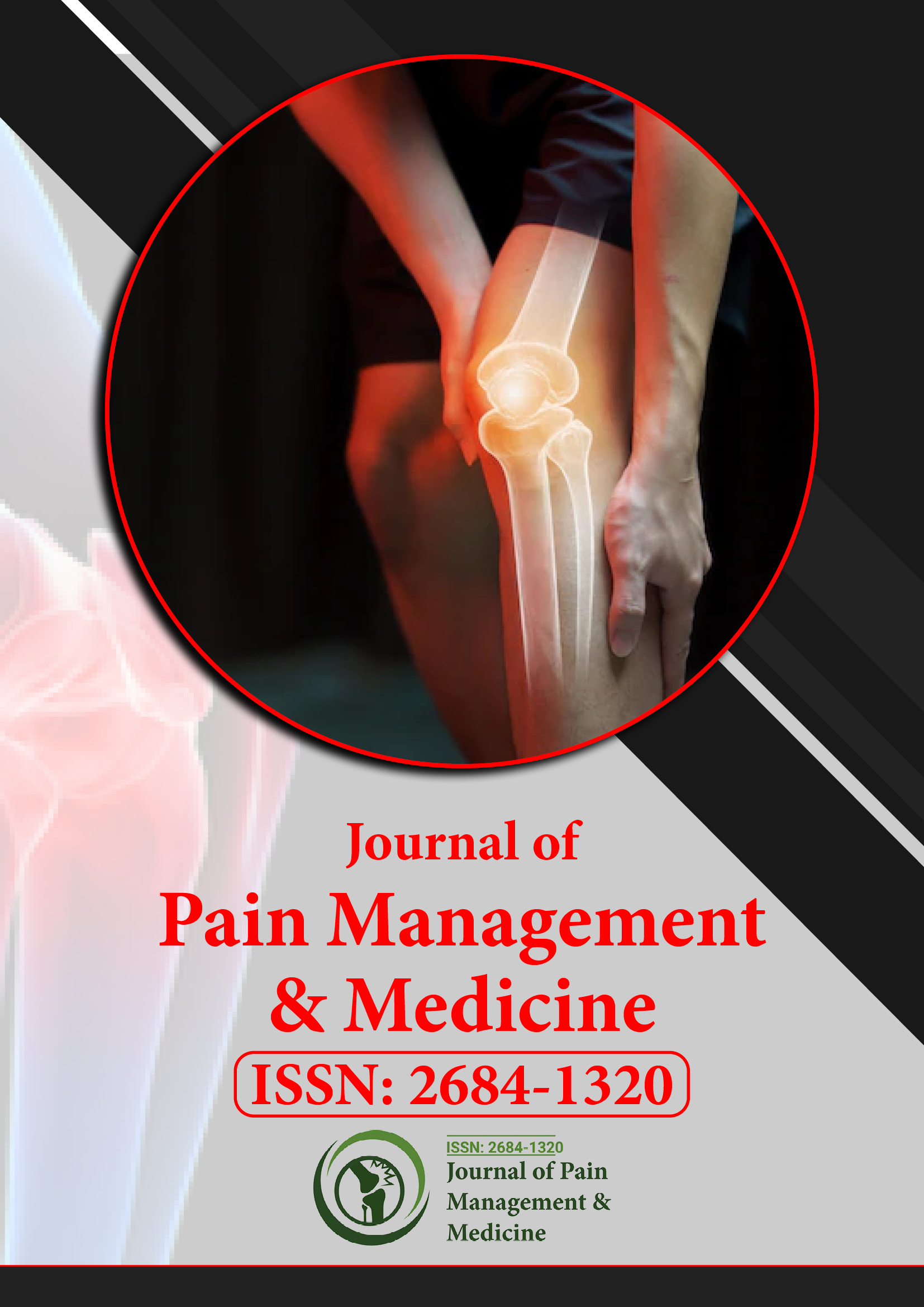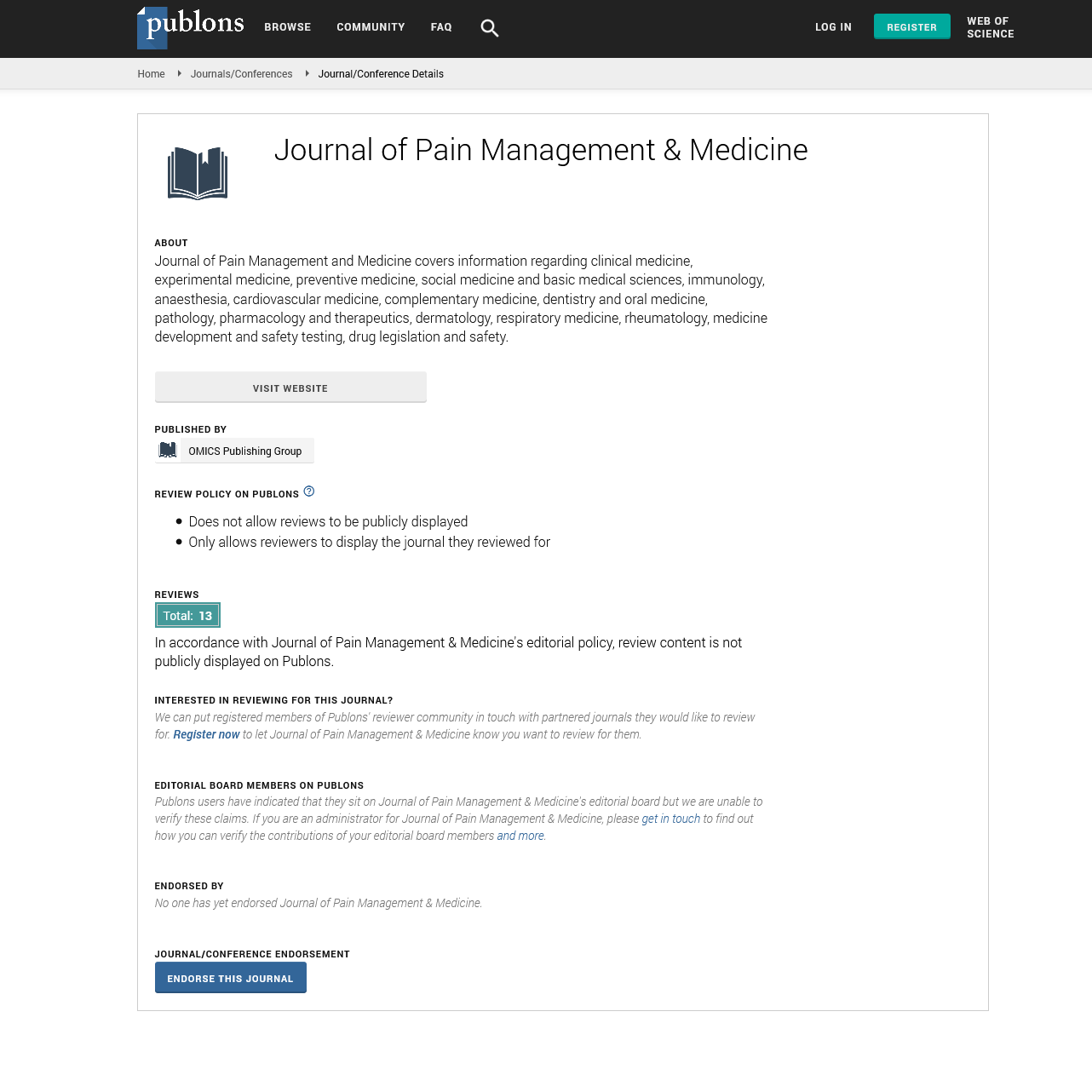Indexed In
- RefSeek
- Hamdard University
- EBSCO A-Z
- Publons
- Euro Pub
- Google Scholar
- Quality Open Access Market
Useful Links
Share This Page
Journal Flyer

Open Access Journals
- Agri and Aquaculture
- Biochemistry
- Bioinformatics & Systems Biology
- Business & Management
- Chemistry
- Clinical Sciences
- Engineering
- Food & Nutrition
- General Science
- Genetics & Molecular Biology
- Immunology & Microbiology
- Medical Sciences
- Neuroscience & Psychology
- Nursing & Health Care
- Pharmaceutical Sciences
Abstract
Antiemetic Effects of Midazolam and Propofol during Spinal Anesthesia on Women Undergoing Elective Cesarean Sections
Zabetian H, Kalani N, Khalili A, Sahraei R and Radmehr M
Background and objective: Nowadays, Cesarean is the most common surgery among women, and anesthesia is an elective technique in these surgeries. Unfortunately, spinal anesthesia in Cesarean section is associated with high incidence of nausea and vomiting. The aim of this research is the comparison of the effects of propofol and midazolam on nausea and vomiting in pregnant women undergoing elective Cesarean section with spinal anesthesia. Methodology: We conducted a double-blind clinical trial recruiting 42 patients aged 15 years to 35 years with ASA class I and II who were undergoing Cesarean section that divided into two groups. Both groups were treated with 7 ml/kg of Ringers solution. Patients had spinal anesthesia with 65 mg of 5% lidocaine and then 1.5 cc midazolam and 2 cc propofol were intravenously administered to patients in Group A and Group B, respectively. Also, after the baby was born, Apgar score was measured at 1 minute and 5 minutes after birth. The obtained data were analyzed using repeated measurement and chi-square tests in SPSS software. Level of significance was determined to be p<0.05. Findings: Comparison of the antiemetic effects of propofol and midazolam in pregnant women after elective caesarean section showed that in all minutes, except in the thirtieth minute, nausea and vomiting were higher in the midazolam group and a significant difference was observed between two groups in this regard (p=0.96). Results: Administration of propofol immediately after spinal anesthesia was more effective in reducing nausea and vomiting, compared to administration of midazolam.

